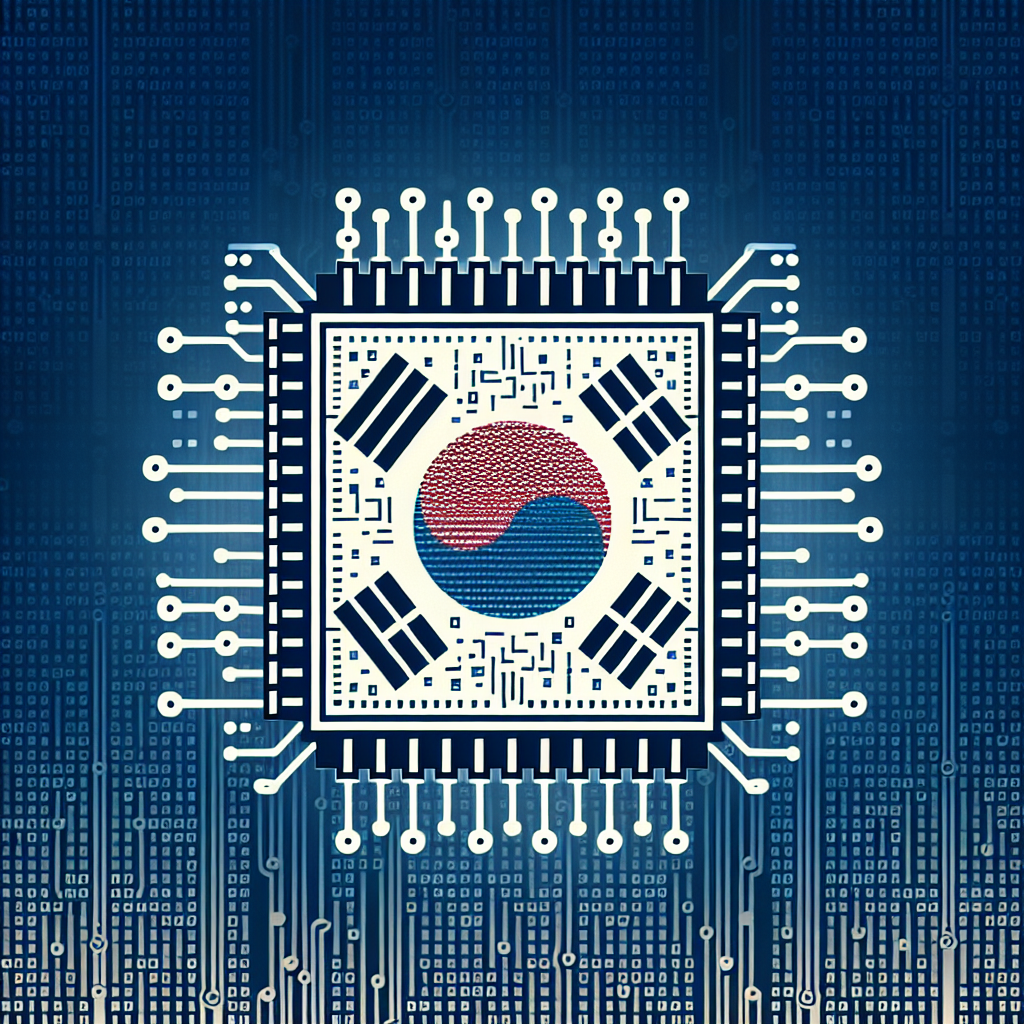South Korea is one of the few economies witnessing a productivity boost from artificial intelligence, but U.S.-China tensions over semiconductors could pose challenges to its growth, according to Bank of America analysts.
The semiconductor sector represents 17% of South Korea’s exports, and the country has greatly benefited from the AI boom, with exports increasing by over 50% year-over-year, as per a Bank of America Global Research report. Analysts believe South Korea’s significant investment in AI research and development and a growing number of AI-related patents will further enhance its position in AI adoption.
However, ongoing geopolitical tensions, particularly between the U.S. and China, could impact the semiconductor supply chain, potentially affecting AI growth in South Korea. Although South Korea has diversified its chip exports to other regions, China and Hong Kong still accounted for over 30% of its chip exports in 2023. Exports to the U.S. were at a similar level.
Bank of America analysts warned that escalating geopolitical tensions and potential U.S. trade restrictions on advanced or AI-related chip exports to China could greatly undermine South Korea’s memory semiconductor exports.
Additionally, South Korean chip manufacturers rely on China for some chipmaking components and equipment. Therefore, any disruption in the supply chain could make it more challenging for South Korean companies to obtain the necessary tools for chip production.
Reports suggest the U.S. has asked South Korea to limit exports to China of equipment and technology for making memory and advanced logic chips, particularly those more advanced than 14-nanometer logic chips and DRAM memory chips beyond 18-nanometer. South Korean officials are reportedly considering the U.S. request due to potential impacts on major South Korean firms like Samsung and SK Hynix, which operate extensively in China, their largest trading partner.
Meanwhile, the Biden administration is reportedly contemplating using an export control called the foreign direct product rule on allies that continue selling chipmaking tools and equipment to China. This rule prohibits the export of any goods to any country if they are manufactured with a certain percentage of U.S. intellectual property components.
